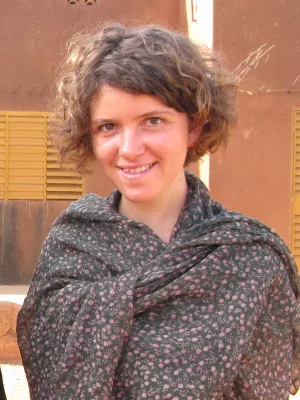
Muriel Côte
Associated Senior Lecturer

Gatekeeping Access: Shea Land Formalization and the Distribution of Market-Based Conservation Benefits in Ghana’s CREMA
Author
Summary, in English
Community Resource Management Areas (CREMAs) in Ghana combine conservation and development objectives and were introduced in the year 2000. In some cases, they have connected collectors of shea (Vitellaria paradoxa) nuts with certified organic world markets, which can be understood as a ‘market-based’ approach to conservation. This paper examines how the benefits of this approach are distributed and argues that shea land formalization is crucial to this process. It makes this argument by drawing on interviews within two communities bordering Mole National Park. One community accepted to engage with, and benefitted from this approach, while the other did not. The paper analyzes narratives from different actors involved regarding why and how the market-based approach was accepted or rejected. It shows that, contrary to the neoliberal principles that underlie market-based conservation, a utility maximization rationale did not predominantly influence the (non-)engagement with this conservation approach. Instead, it was the history of land relations between communities and the state that influenced the decisions of the communities. We highlight the role of traditional authorities and NGOs brokering this process and unpack who in the communities profited and who was left out from benefits from this market-based conservation initiative.
Department/s
- Department of Human Geography
Publishing year
2020
Language
English
Publication/Series
Land
Volume
9
Issue
10
Document type
Journal article
Publisher
MDPI AG
Topic
- Human Geography
Status
Published
ISBN/ISSN/Other
- ISSN: 2073-445X

